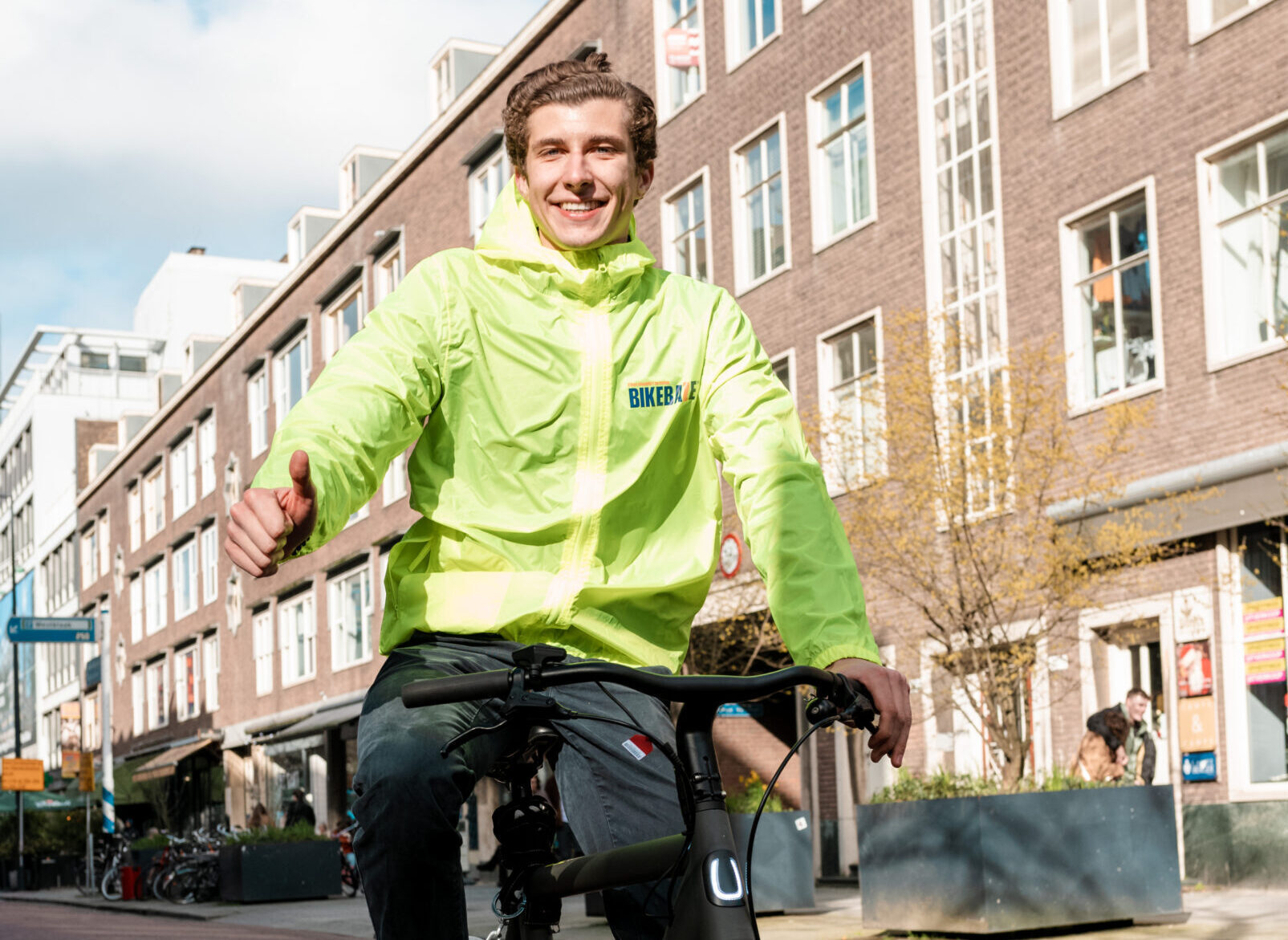The Erasmus Enterprise Startup Voucher provides funding and coaching to entrepreneurial students and academics who want to kick-start their own company and cover initial costs for developing innovative ideas, such as building a prototype. It provides you with general funding for developing innovative ideas into business propositions.
Ready to take the next step and get started?
Curious to learn more? Feel free to reach out and express your interest.
Complete an application form that outlines your idea and your plan for developing or testing it.
Once you've submitted your application, a committee will review it. The application deadline is 31st of August.
If your plan is approved, you'll be invited to sign a contract for the Erasmus Enterprise Startup Voucher.
The Erasmus Enterprise Startup Voucher can be granted to natural persons that meet the following conditions:
Great companies are hardly ever build by a single person – working together is key to success. Core to that success is finding a team that is complementary to each other, so all key skills that are required to build a company, are covered.
RSM does great research on this; the Department of Strategic Management and Entrepreneurship does research into this by analyzing key success factors, pitfalls, company structures, founder backgrounds etc. See more here!
We have seen many researchers that remain a researcher when building a business. The biggest challenge is to, at some point, accept the unknowns, and start validating in a pragmatic manner. Endlessly researching a certain topic, without putting a service/product out there in the real world means missing out on key customer feedback you need to refine your value proposition.
A second area of attention is bringing structure to the company at some point – especially when talking to investors. An investor not only looks at the product/service, but also looks at the execution power of the team and company – being well-organized pays off.
At the EUR you can start an academic venture in a pre-phase to incorporation. ERBS can deliver support to some of the admin tasks, without you needing to incorporate. Ask Laurien or Bas for more info.
Discover firsthand insights from Dries Dederen, the founder of BIKEBAZE, as he recounts his entrepreneurial journey and the pivotal support provided by the Startup Voucher program. Click here to read his experience and gain valuable knowledge on how this initiative contributed to his entrepreneurial journey.



Contact us to to translate your idea into business!
Bas van der Noll
Investment Manager at Erasmus Enterprise
vandernoll@eur.nl

Erasmus Enterprise
Burgemeester Oudlaan 50
Q&N Buildings
3062 PA Rotterdam, Netherlands
© 2022 Erasmus Enterprise. All Rights Reserved.